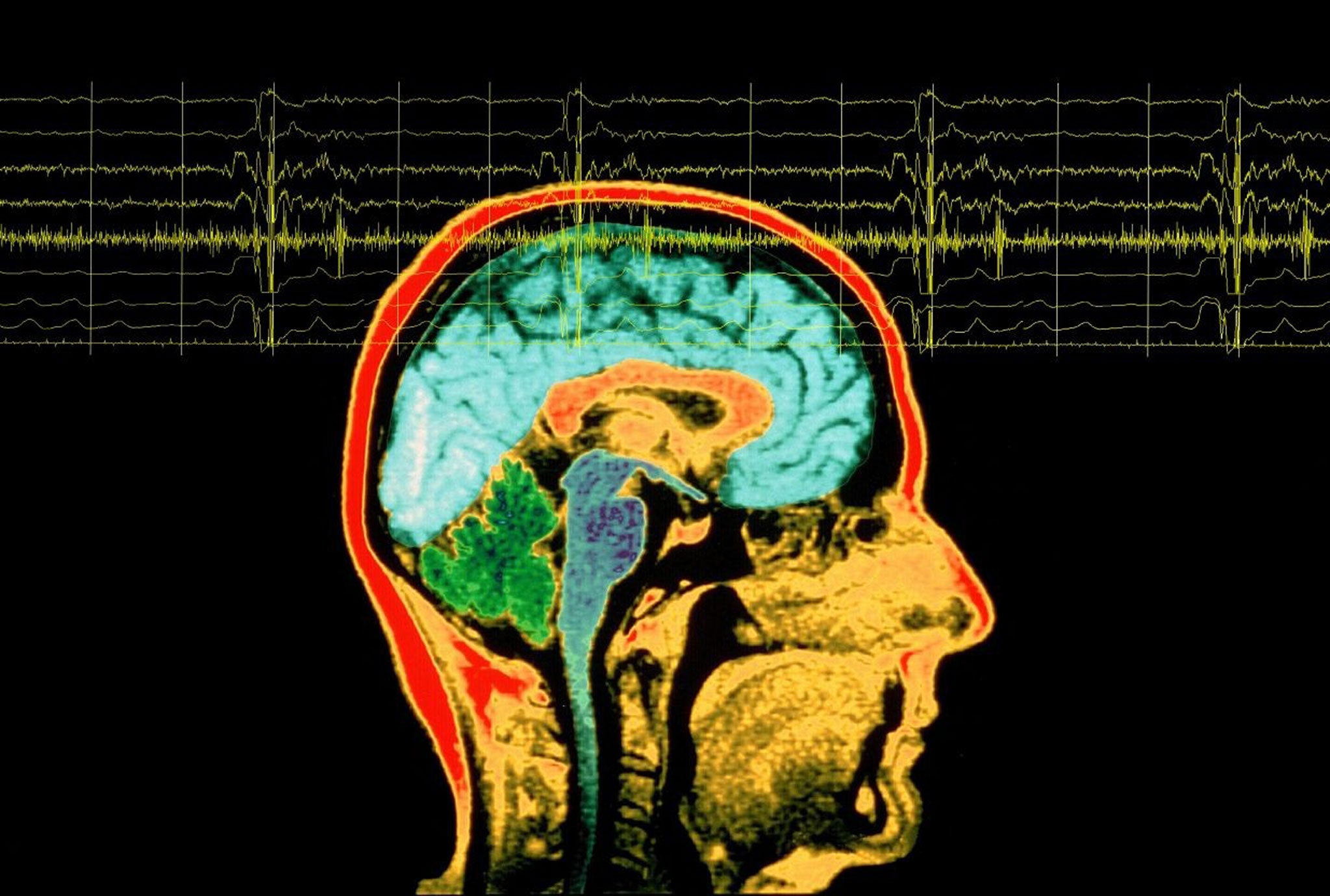How I Rescued My Brain by David Roland, book review: Zen and the art of stroke recovery
A psychologist who had a stroke describes his quest for mindfulness

Australian psychologist David Roland opens his memoir with an account of finding himself in a hospital waiting room with very little idea of how he got there. His wife, Anna, is present and he vaguely remembers her driving "and me vomiting out of the car window", but he doesn't know what year or day it is.
Anna found Roland wandering their house at dawn, talking in a "dreamy monotone", his skin white and icy. Initially, doctors suspect he has suffered "a psychogenic fugue: an episode of amnesia". They send him to recuperate at a psychiatric clinic where he adjusts to his altered status from doctor to patient. "I've finally lost it," Roland thinks. "I've had a mental breakdown."
For the past three years, he'd been feeling depressed: his marriage was in trouble, his father died and he stopped working. Two decades of listening to patients' harrowing stories have taken their toll and Roland's own psychiatrist, Wayne, diagnoses him with post-traumatic stress disorder. Roland describes the patients who haunt him – from the woman who was sexually abused in childhood to the young murderer – and recalls his apprentice years treating prisoners: "The small world of the prison had expanded in my mind, while the world outside had become small." This reminded me of my time reporting on trials and inquests when detailed accounts of violence and misery would lodge themselves in my mind daily. Readers whose work exposes them to trauma, even in indirect ways, will value Roland's perspectives on this.
Less appealing is his tendency to sound self-congratulating even in the depths of despondency. "My capacity for empathy had become a poison," he concludes, while Wayne reminds him: "Your clients' lives are better for having met you." Perhaps "clients" is the accepted term among private practitioners but it's also typical of Roland's business acumen because, it turns out, he combines psychology with a bulging portfolio as a property developer. Nice work if you can afford it, although not after the credit crunch which leaves him fending off creditors and – the horror – contemplating sending his children to state schools. This coincides with a period when he's starting to recover, playing guitar, swimming in the ocean and attending a Buddhist retreat where the Dalai Lama whispers something inaudible to him. I've no idea what Buddhist philosophy says about buy-to-let but perhaps His Holiness was saying: "Stop getting rich at the expense of less fortunate citizens and immiserating future generations."
In spite of these reservations, it's impossible not to wish Roland well. He goes through hell and, after doctors discover he hasn't suffered a breakdown but a massive stroke, he embarks on a quest for mindfulness which requires emotional intelligence and humility. He engages doctors, neuroscientists and a Buddhist nun but remains mired in legal battles concerning his properties and facing bankruptcy. Anna wants to break up, his children are scared of him and he suffers from "rubber brain" which makes him tired, confused, inarticulate. All this is narrated clearly, as Roland combines accessible passages on the science of neuroplasticity with disturbing descriptions of forgetting words and getting lost in supermarkets.
Reading and writing are significant factors in Roland's healing so he discusses helpful texts and includes a comprehensive bibliography. Nearly 800,000 people worldwide suffer strokes every year and Roland's memoir will be valuable to them. However, it also has the potential to alter attitudes to disability more generally. Roland captures its isolating effects and demonstrates how distressing it is to have to justify your suffering, as incapacity benefit claimants are increasingly forced to today. As he says: "I am not imagining my difficulties; they are real."
Join our commenting forum
Join thought-provoking conversations, follow other Independent readers and see their replies
Comments